Are you looking for a way to enhance the well-being of your community? Tackling health challenges together can pave the way for healthier lifestyles and stronger connections among residents. By participating in our community health project, you can contribute to making a lasting difference in the lives of your neighbors and friends. We invite you to read more about how you can get involved and help us create a healthier community for everyone!

Clear purpose and objectives
The community health project aims to enhance public health outcomes through comprehensive health education initiatives, access to preventive services, and community engagement. Key objectives include increasing awareness of preventive health practices, such as vaccinations and screenings, improving access to mental health resources for underserved populations, and fostering partnerships with local organizations, such as schools and clinics. The project will target areas with high incidence rates of chronic diseases, such as diabetes and obesity, particularly in neighborhoods identified in the 2020 Census as having limited access to healthcare facilities. By leveraging resources from local government agencies and community leaders, the project seeks to create sustainable health improvements, ultimately contributing to a healthier community environment.
Community needs assessment
A community needs assessment serves as a crucial tool for identifying health disparities and resource gaps within a specific population. This structured evaluation typically involves gathering quantitative data, such as socio-economic statistics, disease prevalence rates, and access to healthcare services, alongside qualitative insights from community stakeholders through surveys and focus groups. The primary objective of the assessment is to highlight pressing health issues, which could include mental health concerns, chronic disease management, and maternal and child health challenges. By analyzing the information gathered from diverse community members in places like urban neighborhoods or rural areas, stakeholders can develop targeted interventions that address the unique needs of the community, promote health equity, and foster sustainable improvements in public health outcomes.
Key stakeholders and partnerships
The community health project aims to enhance access to healthcare services in urban neighborhoods, particularly in areas with limited resources. Key stakeholders include local government agencies, healthcare providers such as hospitals and clinics, and non-profit organizations dedicated to public health initiatives. Partnerships with educational institutions (including universities offering medical programs) facilitate research and awareness campaigns to address health disparities. Collaboration with community leaders and resident associations ensures that the project aligns with the needs of the population, fostering trust and participation. Additionally, involvement from private sector entities can provide funding and support for outreach programs, workshops, and health screenings, ultimately promoting wellness among the community members involved.
Funding and sustainability plan
A community health project aims to address prevalent health issues such as diabetes, obesity, and mental health conditions by promoting awareness and providing accessible resources. The initiative includes workshops, free health screenings, and nutrition education in underserved areas, targeting low-income families in cities like Detroit (where over 30% of residents live below the poverty line). A comprehensive funding plan will incorporate grants from healthcare foundations, partnerships with local businesses, and crowdfunding campaigns. Sustainability hinges on community engagement, ensuring local stakeholders participate in project implementation and evaluation, thus fostering ownership and long-term commitment. Establishing a network of volunteers and healthcare professionals will aid in maintaining resources and outreach efforts. Ultimately, the goal is to create resilient health practices that empower community members towards healthier lifestyles.
Evaluation and impact metrics
Community health projects require clear evaluation and impact metrics to assess effectiveness and sustainability. These projects often target health outcomes such as reducing obesity rates by 15% within a year or increasing vaccination coverage from 70% to 85% in underserved populations. Metrics may include participant surveys, health screenings, and access to services statistics in specific neighborhoods like East Harlem or South Los Angeles. The collection of data before and after the intervention allows for comprehensive analysis of changes in community health indicators. Additionally, metrics such as participant engagement rates, community feedback, and partnerships with local organizations play a crucial role in understanding the project's overall impact. Effective evaluation fosters accountability and provides a roadmap for future initiatives aimed at enhancing community health.

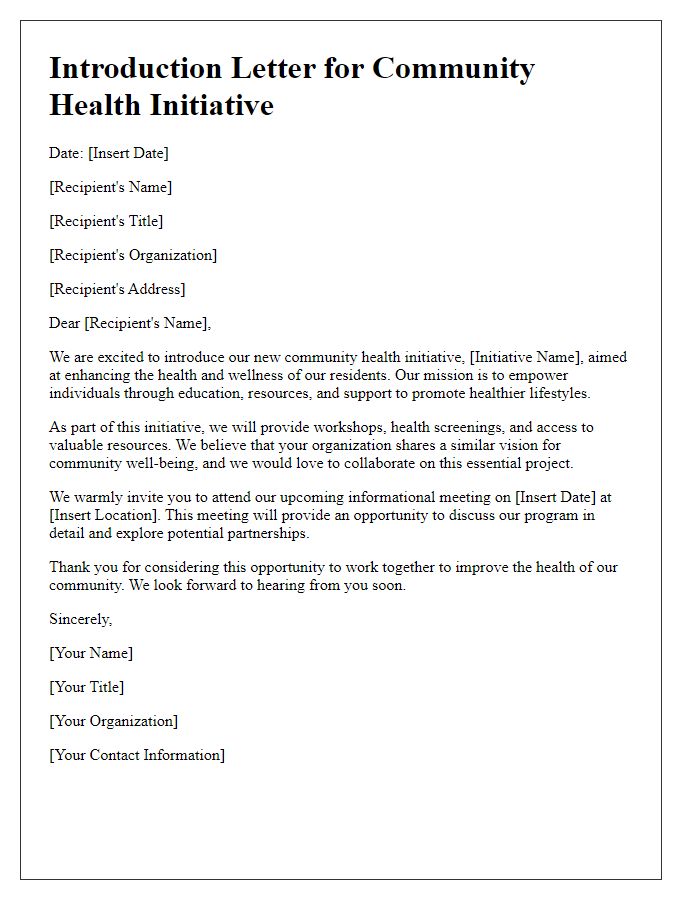
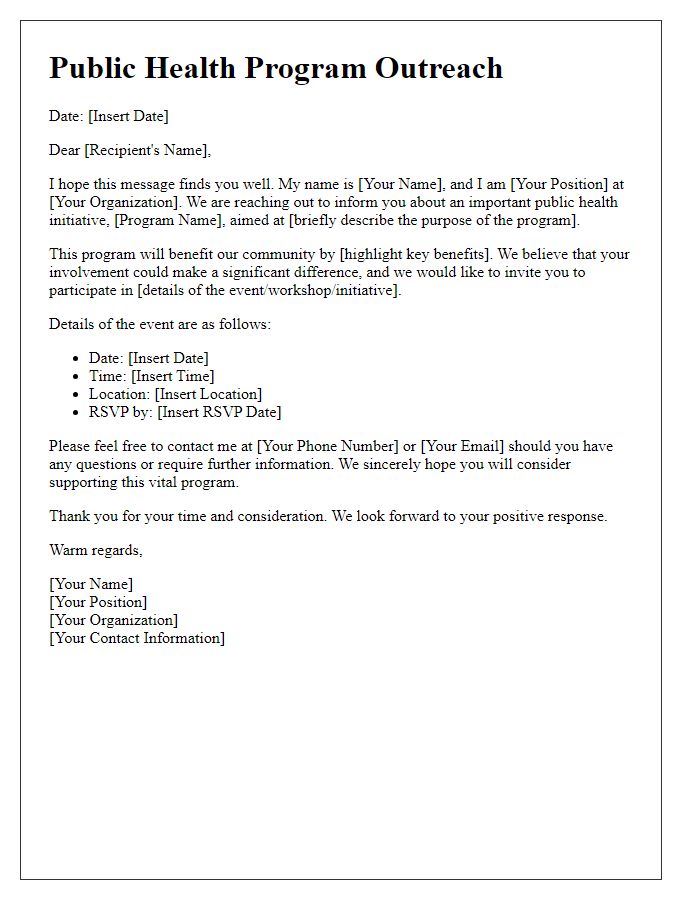
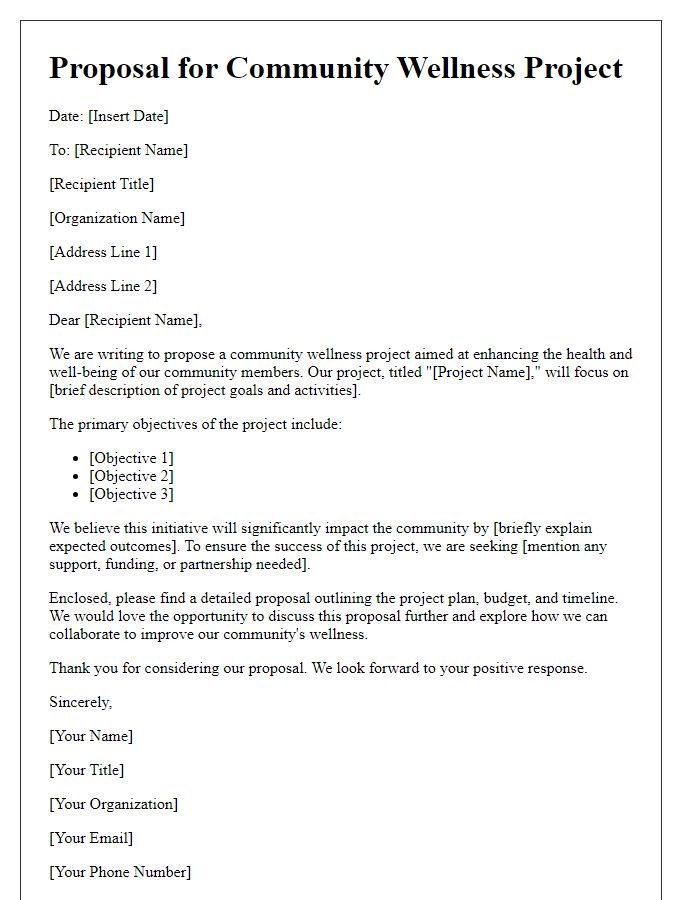
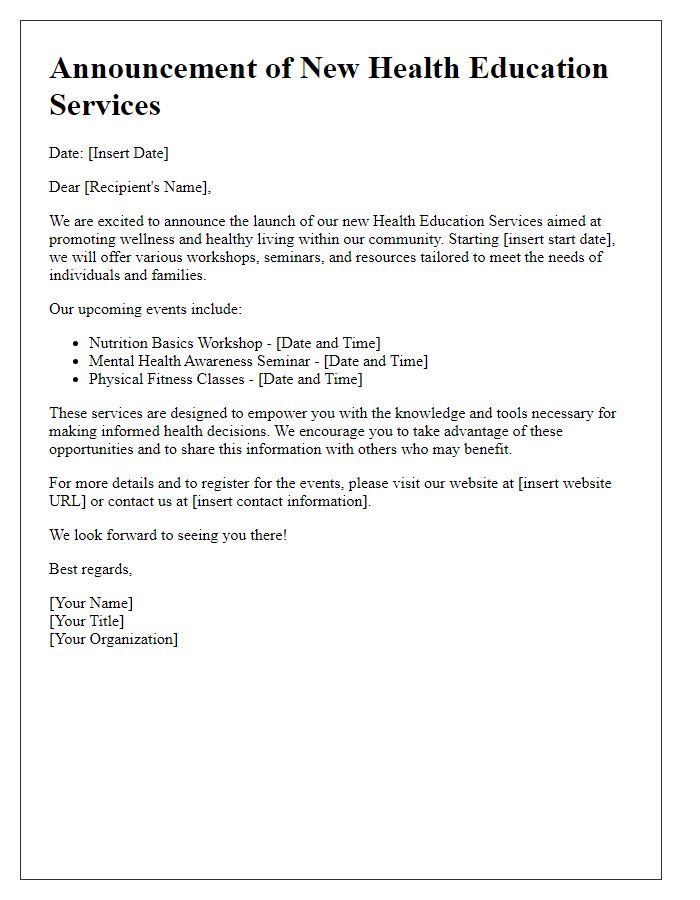

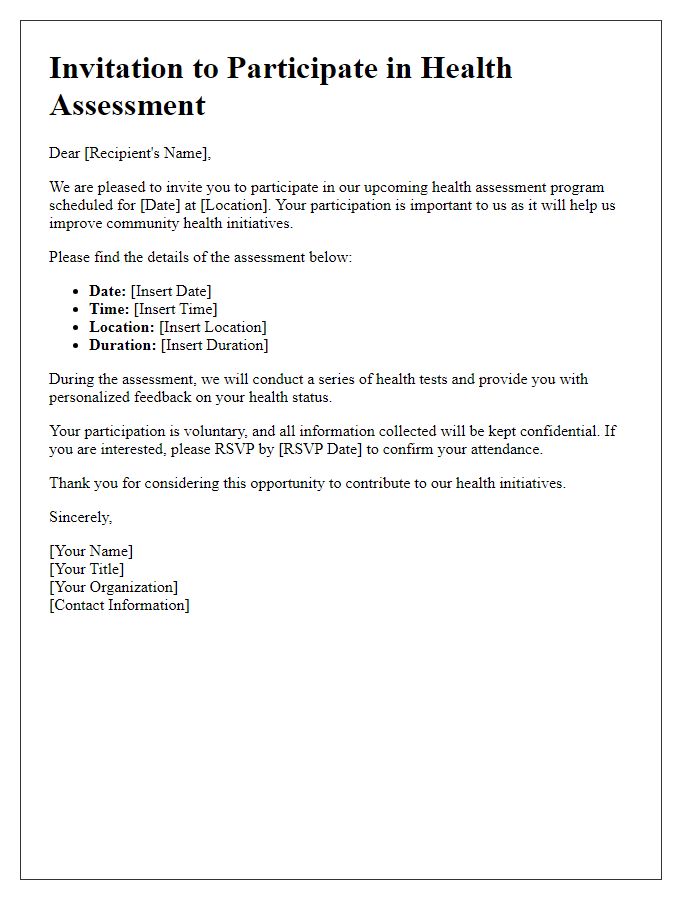
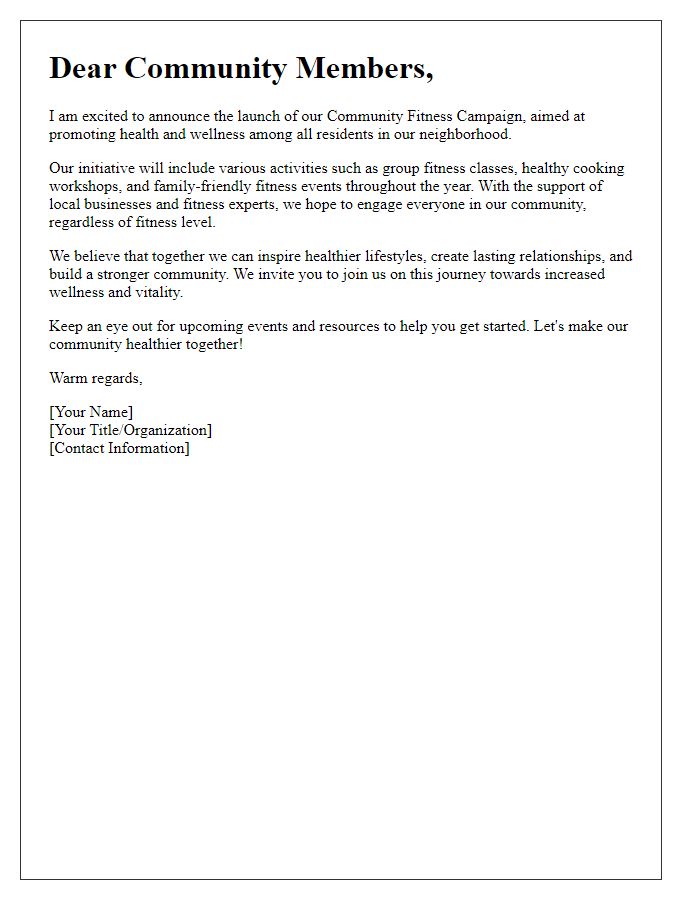
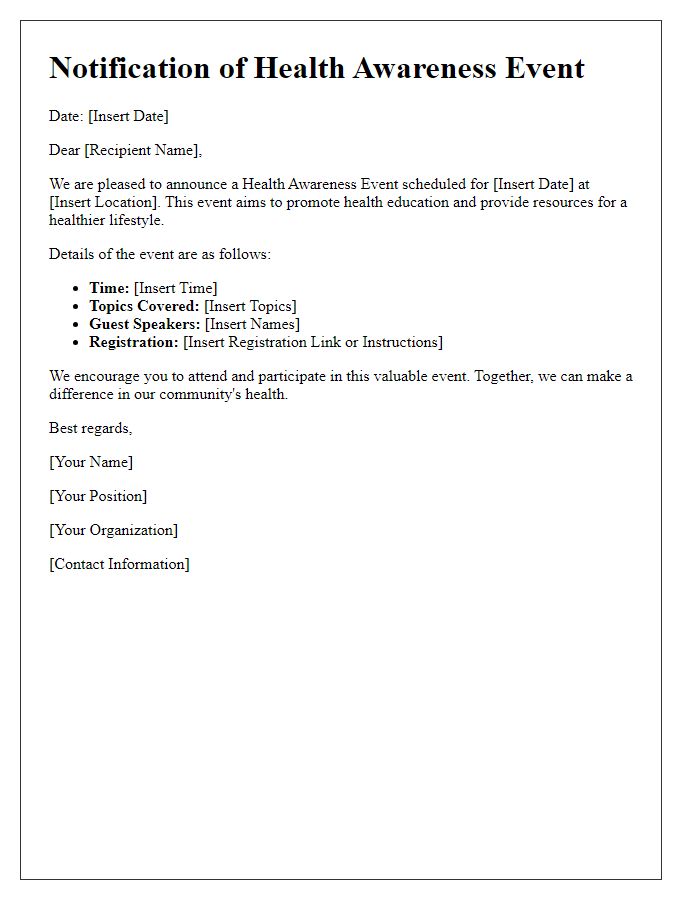
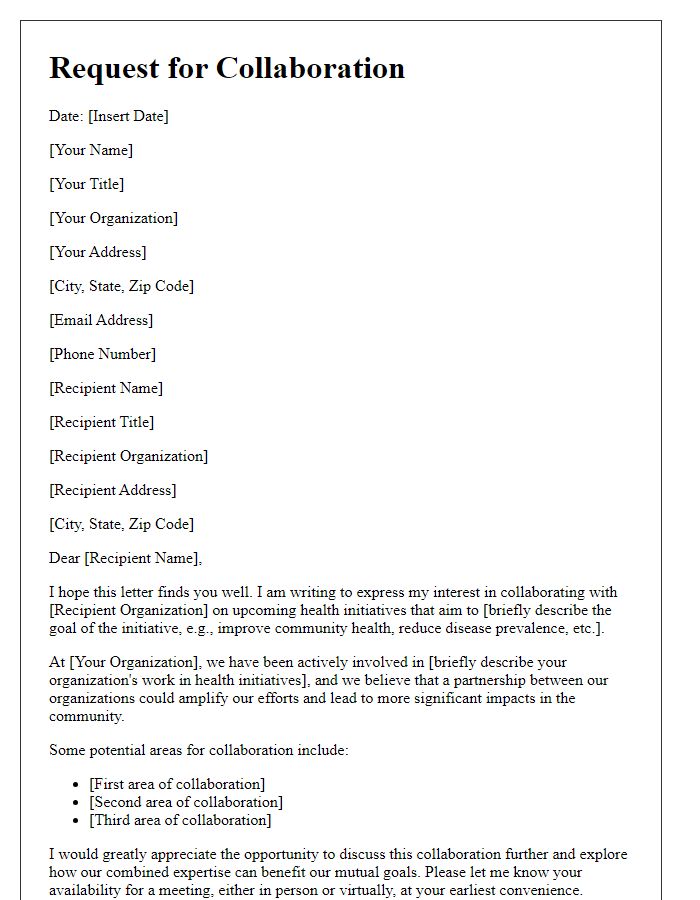
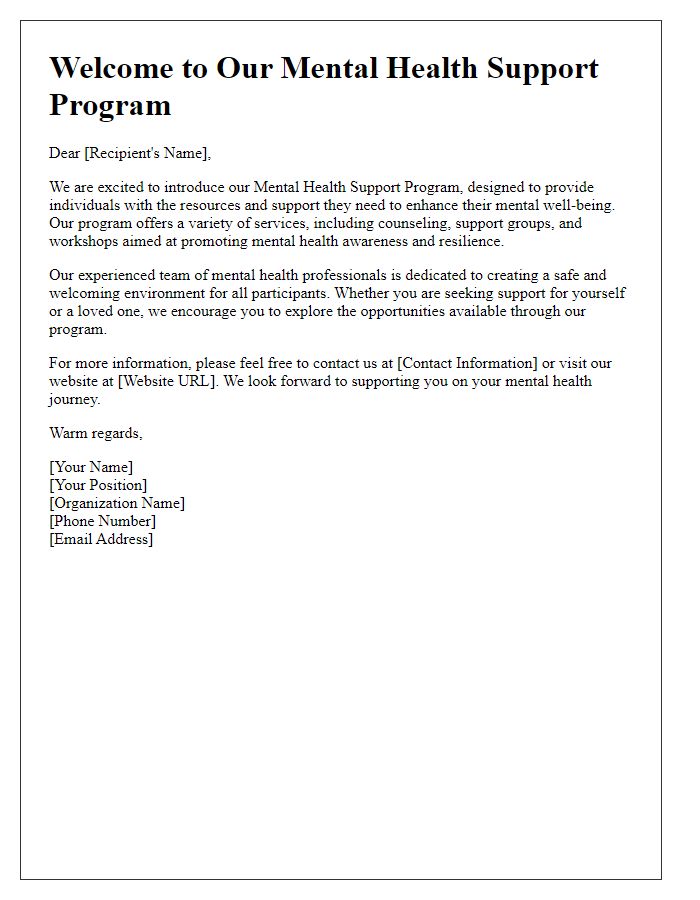


Comments